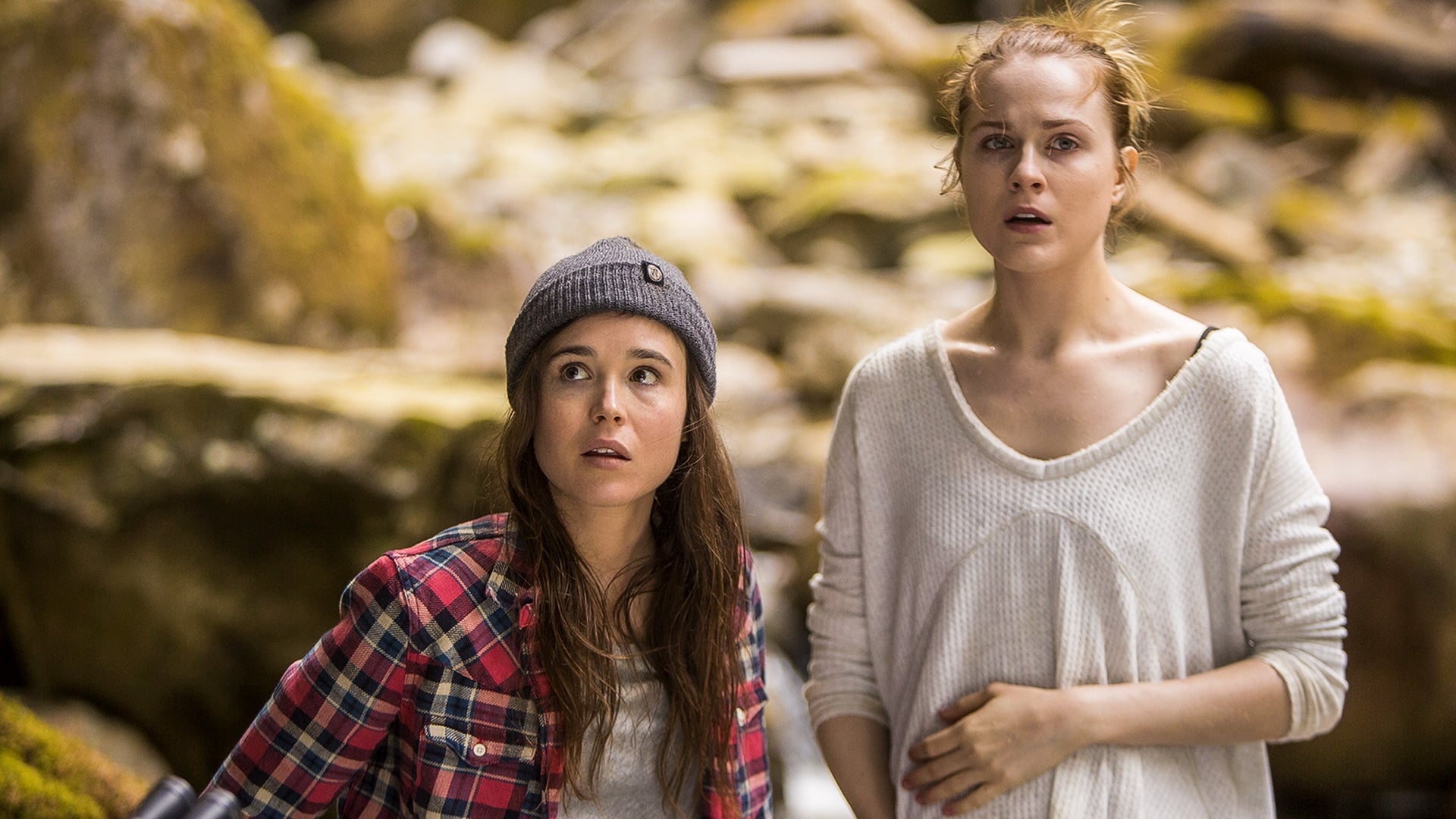
While this is one of many takes on the familiar Montagues vs. Our Folks tells of the constant conflict between two families, the Karguls and the Pawlaks, who were expelled by Soviet authorities in formerly Polish areas and resettled in Poland’s western “Recovered Territories.” The two neighbours get along about as well as Felix Unger and Oscar Madison in Neil Simon’s The Odd Couple but must bury their hatchet when their children marry. “Kargul, come to the fence” – this is one of the most-quoted lines from Polish film. While incomplete, Passenger is a powerful testimony to how accomplices to evil often undertake great pains to rewrite the past watching it, I was reminded of the constant denials of Leni Riefenstahl, Hitler’s propaganda filmmaker, that she knew anything about Nazi atrocities despite published photographic evidence demonstrating she was present during the executions of civilians in German-occupied Poland. Marta, however, remembers things differently. Liza emphasizes how well she had treated Marta the only reason why Marta had survived, she claims, was because of her benevolence. On a transatlantic cruise, Liza spots Marta, which leads her to give her account of what had happened at Auschwitz to her husband. The film has two female protagonists, Marta, a Polish political prisoner at Auschwitz-Birkenau, and Liza, a German SS guard and Marta’s tormentor. The unfinished film deals with the topic of willful amnesia in the aftermath of war crimes. Passenger clocks in at only fifty-nine minutes filming was interrupted by director Munk’s tragic death in a car accident. Unable to find meaningful artistic employment abroad and abandoned by his wife, Ford committed suicide in 1980.

His only film made abroad was a critical and commercial flop. Having been expelled from Poland during the communist regime’s anti-Jewish purge in 1968, Ford moved to Israel and later the United States. More than a thousand extras were employed in the making of the film, and the epic battle scenes were very realistic during filming, many extras were trampled by horses.ĭespite his enormous success, the film’s director, Aleksander Ford, met a tragic end. Knights of the Teutonic Order is easily the most popular Polish film of all time: at a time when Poland’s population numbered 32 million, it sold 35 million tickets. Released just fifteen years after the end of the Second World War, in which millions of Polish citizens had lost their lives at German hands, the film’s Teutonic Knights are unmistakably depicted as the predecessors of the Nazis before riding into battle, they chant: Heil! Heil! Heil! A classic historical romance, Knights of the Teutonic Order tells of the 1410 Battle of Grunwald during which Polish-Lithuanian forces defeated the Teutonic Knights, a German order of hospitallers founded during the Crusades that terrorised the Polish population in Pomerania and used violence to convert the pagan tribes of the Baltics to Christianity. Knights of the Teutonic Order is an adaptation of the novel by Henryk Sienkiewicz, who wrote of the Poles’ past glories while their nation was under foreign domination. While some of the acting in The Last Stage seems hokey and the film’s blatant communist propaganda has not aged well, it contains many unforgettable images of everyday life and death in the most infamous Konzentrationslager: a German doctor administering a lethal injection to a Polish newborn a Jewish woman who has just arrived at the camp being comforted by her daughter, who claims that if the Germans wanted to kill them they would have sent them to the forest and scenes of emaciated, dirty inmates in rags interspersed with images of the ruddy SS-men and women running the camp (including an obese commandant, who looks strikingly different from his victims) drinking fine wines, joking, and waltzing to Strauss. The film tells the story of a group of female inmates from various occupied countries who start a resistance movement in the camp. This autobiographical work was directed by Wanda Jakubowska, herself a former inmate at Auschwitz-Birkenau due to her activity with Poland’s communist resistance, and was filmed at the former Nazi-German camp mere months after its liberation.

Wanda Jakubowska, 1947Īlthough countless films have been made about the Third Reich’s crimes, The Last Stage was one of the first (if not the first).

The new service offers a unique opportunity for international audiences to get a taste of one of the world’s most important and influential national cinematic canons.īelow we present a curated list of ten works available at 35mm.online that provide a chronologically, thematically and tonally diverse sample of some of the finest works of Polish culture in the twentieth century.
The forest free movies online for free#
Hundreds of classic Polish films made available for free online


 0 kommentar(er)
0 kommentar(er)
